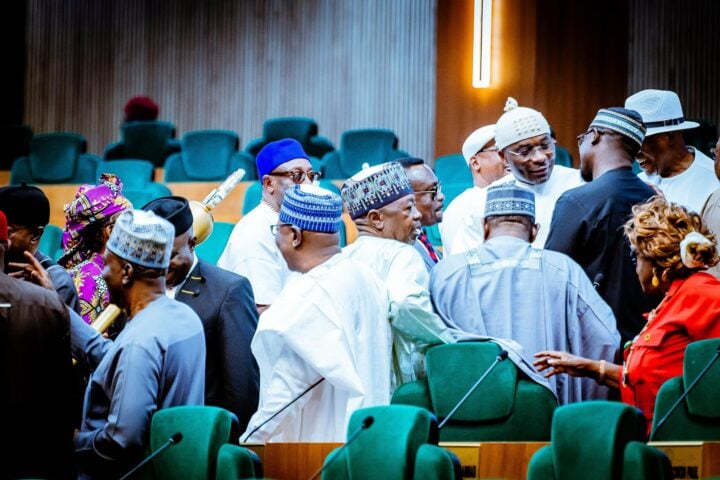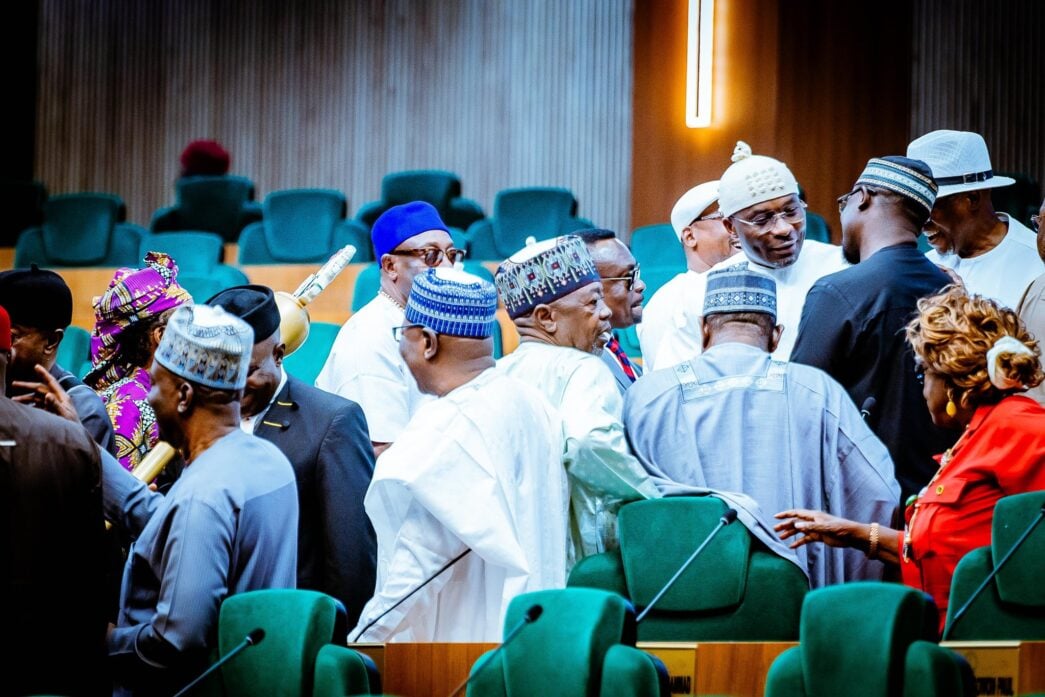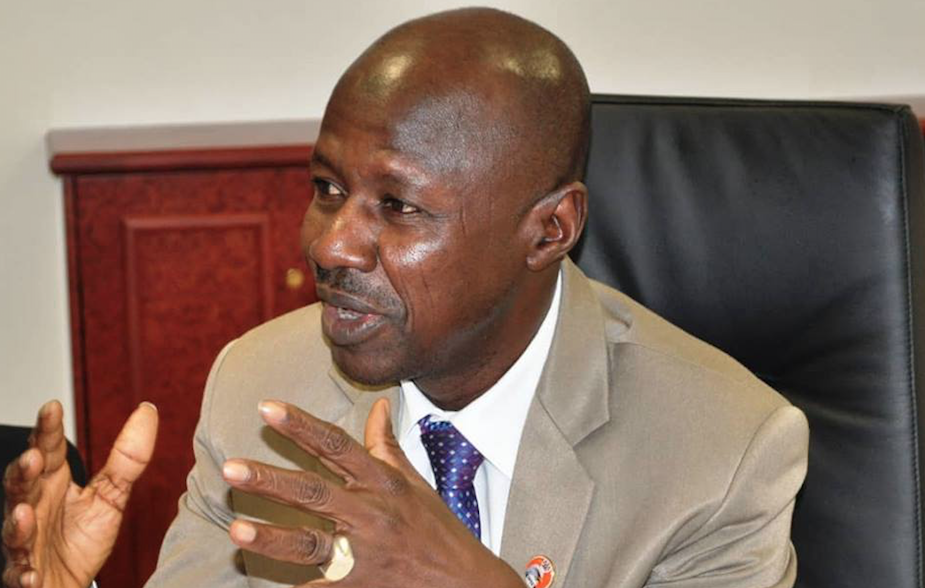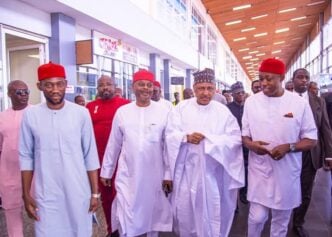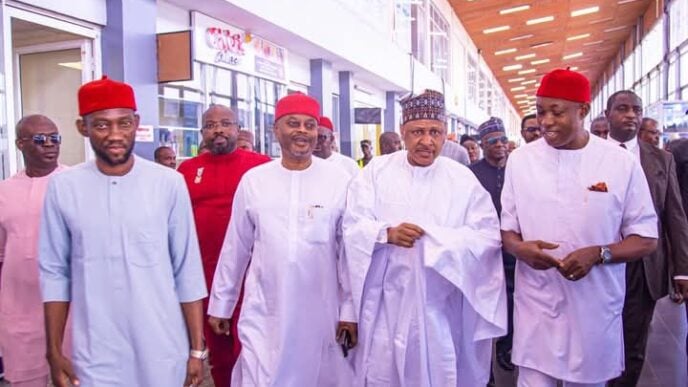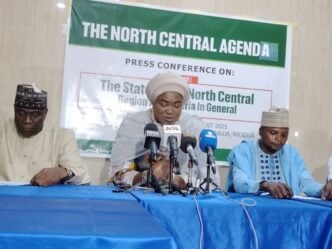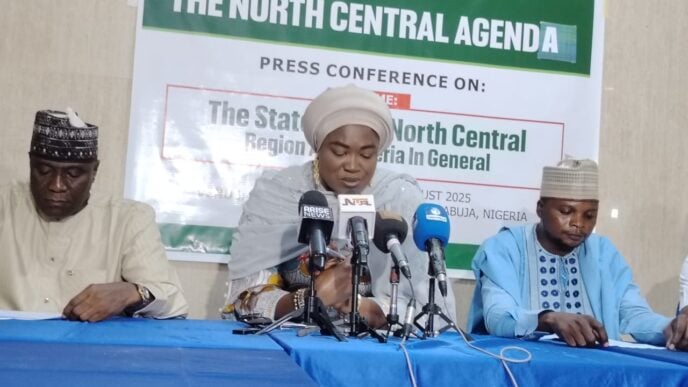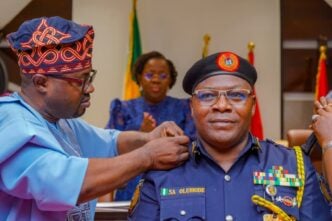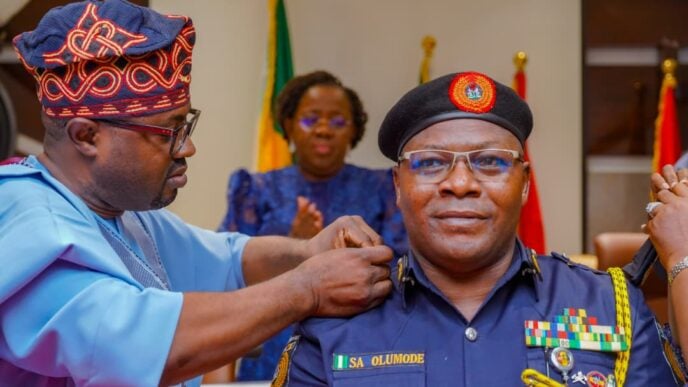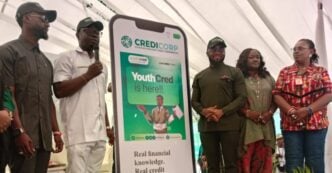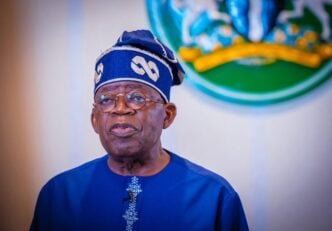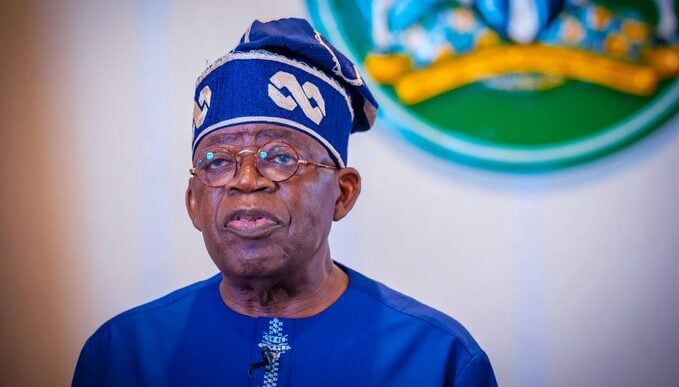House of representatives
A house of representatives committee has commenced an investigation into the implementation of the $696 million (N1.06 trillion) Nigeria COVID-19 action, recovery, and economic stimulus (NG-CARES) scheme.
The NG-CARES is an initiative of the World Bank and the federal government, aimed at supporting the recovery of communities, households, and businesses affected by the COVID-19 pandemic.
Speaking at a press conference on Wednesday after a meeting of the NG-CARES committee, Abubakar Kusada, who chairs the panel, expressed concern that the safety net programme has not been felt by the populace, even though the federal government released the required funds and laid out the implementation framework.
“A total of $696 million or N1.06 trillion has been released as social intervention, safety nets and palliatives to Nigerians in the 36 states and the FCT, through the various delivery platforms,” he said.
Advertisement
“It is, therefore, most surprising that the effect of these palliatives is not being felt by the target vulnerable groups in Nigeria after government has committed so much resources to this purpose through the states.
“There is still a loud cry of government neglect of the plight of Nigerians enduring the brunt of economic reforms.
“The house committee on NG-CARES in exercise of its powers under section 88 and 89 of the constitution, has resolved to commence immediate and full investigation of the NG-CARES programme to unravel the disconnect and ascertain the propriety of expenditure of the huge sums provided by government for the administration of social welfare.”
Advertisement
Kusada said the probe will determine whether the funds were embezzled, misappropriated, or diverted.
“Did the utilisation of the funds create enough value for money. In other words, was there an undue inflation of contracts?” he asked.
“Can the integrity and fairness of the procurement process stand scrutiny? In other words, did the contract procurement follow due process?
“Did the inbuilt safeguards, such as independent verification agents (IVAs) and third-party monitors (TPMs), operate effectively, or did they become compromised and fail?
Advertisement
“Was the distribution of notional amounts fairly done? Why did some states manage to get more than the attributable notional amounts?
“Why did the operational mechanism fail in several states? How can the operational mechanisms and delivery platforms (DPs) be strengthened across the states?
“Should training workshops be organised for NG-CARES operatives at the states to strengthen the operational mechanisms and effectiveness of the delivery platforms?
“Similarly, we will verify the grants and other supports purportedly given to MSEs for recovery and economic stimulus.
Advertisement
“Billions of naira have been collected by states for these interventions to small businesses, which should have facilitated their resilience and survival, contributing substantially to the economic well-being and prosperity of ordinary Nigerians.
“If the funds have been properly applied to provide social safety nets for vulnerable Nigerians, then Nigerians in search of safety nets and palliatives can be told where to look to find them.
Advertisement
“If the funds have been diverted, the affected states should restore the funds and utilise them properly.
“If there has been a gross mismanagement of funds, the people will know that the funds for palliatives have been misused, and who to hold responsible.”
Advertisement
The committee chairman added that those overseeing the scheme would be held accountable if the procurement process was compromised or funds misappropriated.
Advertisement
